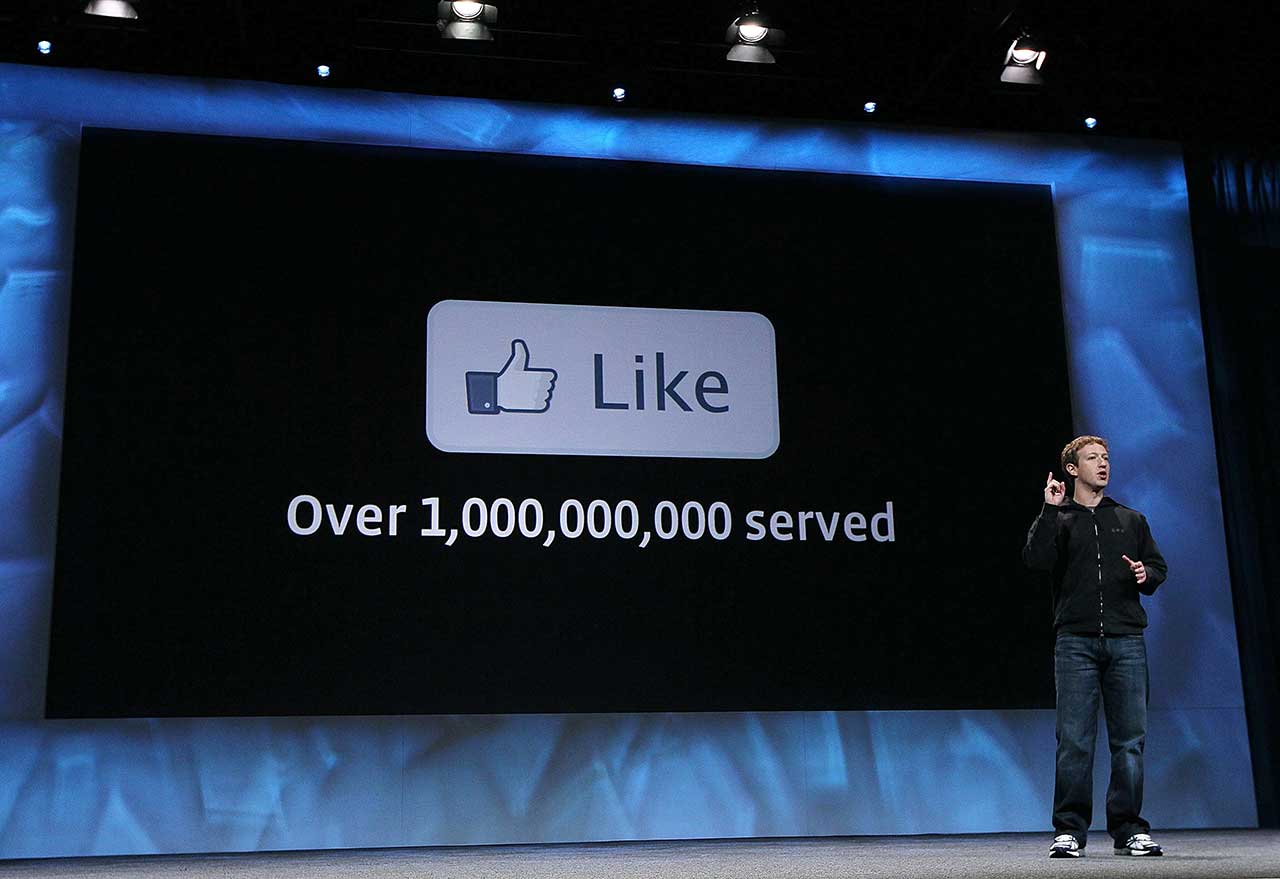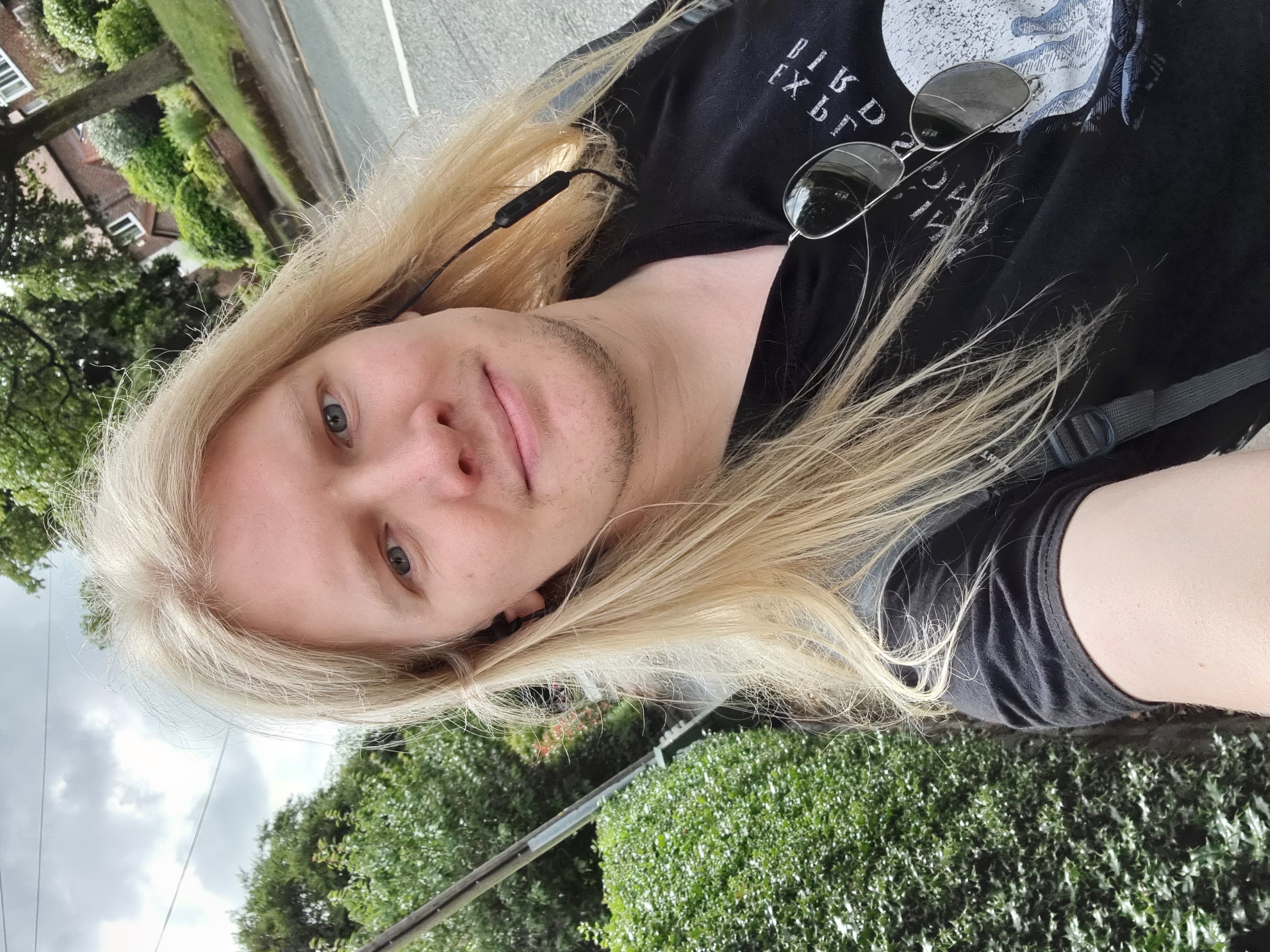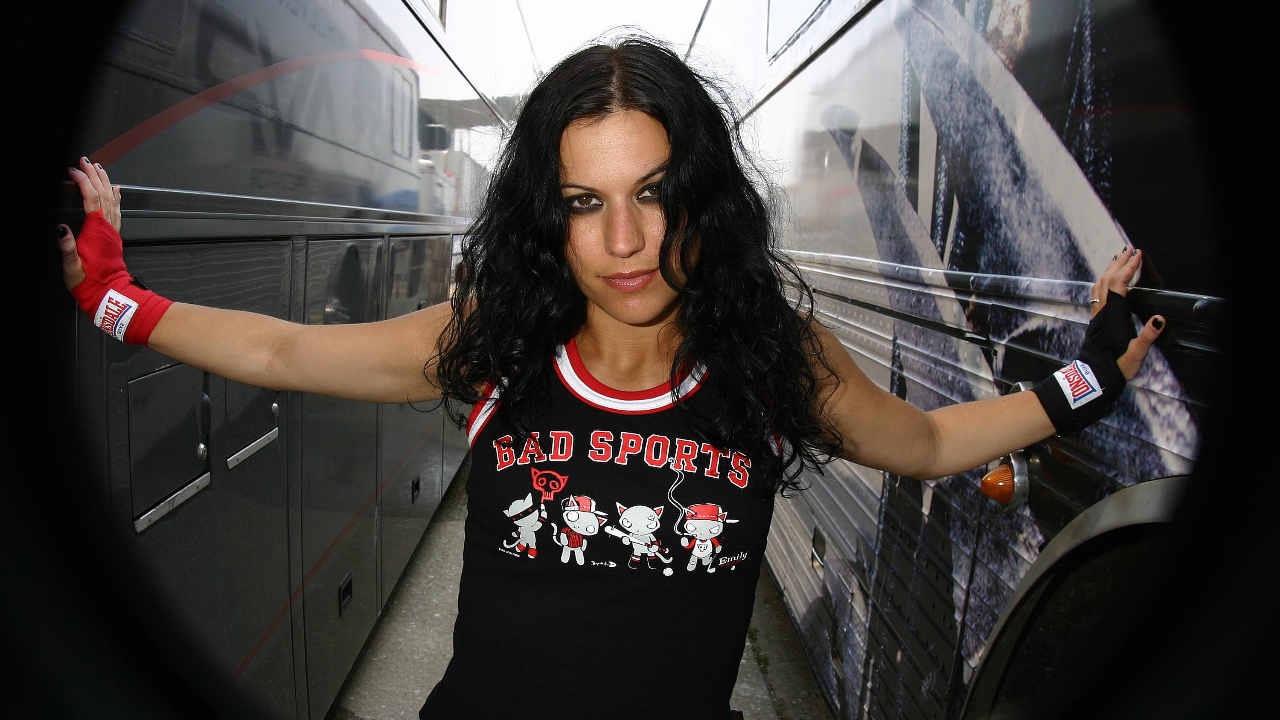Is Facebook advertising worth it for your band?
With social media giant Facebook more insistent than ever on pages buying into their advertising platform, we look at whether or not it’s beneficial for underground bands with small budgets

Select the newsletters you’d like to receive. Then, add your email to sign up.
You are now subscribed
Your newsletter sign-up was successful
Want to add more newsletters?

Every Friday
Louder
Louder’s weekly newsletter is jam-packed with the team’s personal highlights from the last seven days, including features, breaking news, reviews and tons of juicy exclusives from the world of alternative music.

Every Friday
Classic Rock
The Classic Rock newsletter is an essential read for the discerning rock fan. Every week we bring you the news, reviews and the very best features and interviews from our extensive archive. Written by rock fans for rock fans.

Every Friday
Metal Hammer
For the last four decades Metal Hammer has been the world’s greatest metal magazine. Created by metalheads for metalheads, ‘Hammer takes you behind the scenes, closer to the action, and nearer to the bands that you love the most.

Every Friday
Prog
The Prog newsletter brings you the very best of Prog Magazine and our website, every Friday. We'll deliver you the very latest news from the Prog universe, informative features and archive material from Prog’s impressive vault.
“Always eyes watching you and the voice enveloping you. Asleep or awake, indoors or out of doors, in the bath or bed – no escape. Nothing was your own except the few cubic centimetres inside your skull.”
When George Orwell penned his classic, chilling novel depicting a dystopian future where privacy was non-existent, it was hailed as a – worryingly – plausible reality.
That reality is now playing out, but a strange inversion has occurred. Big Brother exists, everyone’s life is out there in the open, but it is all done voluntarily. On social media sites people are charting their everyday lives, from major events to picturing what they had for lunch. Since its inception in 2004, Facebook has become a cultural tour de force. It has long since conquered Myspace, left it for dead in a ditch somewhere and, in many ways, changed the way we live our lives.
But it has also conjured a new platform for bands, where hard working creative souls with something to say and something to share can place themselves right in the crosshairs of the general public; a new medium of exposure – a modern alternative to flyering at gigs and handing demos out at rock clubs.
However, over the last few years, Facebook’s algorithms have changed – much like what Instagram is moving towards now – and posts are no longer listed chronologically, many being lost altogether, while that cat meme your friend posted garnishes hundreds of likes and comments. And so, for Facebook pages, paid advertising was introduced to help boost the posts that actually matter.
Anyone with a Facebook page with a large audience knows that they can’t reach every single follower with one unmonetised post, it’s usually vastly lower than the follower count would suggest, and that’s intentional. “Facebook now uses an algorithm called Edgerank to decide what each individual sees in their unique News Feeds,” divulges Michael Patterson from of social media management platform Sprout Social. “It may seem arbitrary – and possibly unfair – that Facebook decides not to show all of your fans your content, but the algorithm serves a fair purpose. Whenever someone visits their feed there over on average over 1,500 stories they need to catch up on from the friends, family and pages they like.”
So where does that leave underground bands vying to get themselves out there? When a band is on a small, virtually non-existent budget, is Facebook advertising a valuable entity or are these altered algorithms suffocating a band’s chances of breaking out of the underground from whence they came?
Manchester’s Kill Or Cure, birthed as a studio-only project, found Facebook advertising pivotal in their early days. “We had an album to promote and no prospect of gigging, so social media advertising was the perfect way to kickstart some interest in the band when we couldn’t go down the traditional routes,” says guitarist Dan Hepner. “It was the easiest way to get to the right audience and the reporting makes it easy to experiment with small amounts of money. After testing a few different adverts and audiences, our best result was promoting our video for From Paris To Berlin [a cover of the 2004 dance hit by Infernal], which got a great response and helped build up an audience online and likes for our page.”
Sign up below to get the latest from Metal Hammer, plus exclusive special offers, direct to your inbox!
For dirty rock two-piece The Hyena Kill, they felt Facebook advertising was forced upon them. “Facebook basically left us with no choice but to buy into its advertising platform,” frontman Steven Dobb reveals. “It seemed like every post was only reaching a small amount of people. Naturally when you have something new to promote you want to reach the largest audience possible, and the advertising option is the only way to do this on Facebook. It’s not a lot of money – we spend around £30 a month or £10 to promote a new track – but it adds up if you are doing a lengthy campaign.
“I’ve noticed more and more bands paying for advertising now, it seems to be the done thing,” he continues. “I think this is down to the fact that you can’t reach enough people without promoting, which is annoying when you have spent a long time building up an online fanbase.”
But, as Patterson explains, the site is, by definition, a business and must make the necessary funds to survive: “Facebook has over a billion users submitting content from around the world everyday, which makes it a ridiculously expensive company to run; especially when you remember they have to generate enough revenue to keep up with a $245 billion valuation. Advertising generates most of its income. While some speculate that brand Pages are punished more than others so they turn to advertising to reach their fans it’s kind of a moot point, you’ll have to play by the network’s rules if you want to utilise the site.”
“It’s fair,” echoes Hepner, “Facebook is a business and doesn’t owe you anything. With your personal account, you get to use a great social tool for free. Facebook have to make money somehow to keep running – it’s not a charity.”
But as more and more bands look to Facebook advertising for exposure, inflation is a natural reciprocation. Says Hepner: “In my experience it now costs more to get the same results that I was getting two years ago.”
While Steven Dobb and The Hyena Kill are finding that other social media platforms – namely Instagram and Twitter – are providing a greater organic reach from their posts – eBizMBA Rank reports Facebook has 1.1bn users compared to Twitter’s 310m and Instagram’s 100m – they still see Facebook as the most pivotal market to tap into.
Last year the band launched a Pledge Music campaign to help fund the recording of their debut album, Atomised. Dobb reveals that “Facebook was a really useful tool for the campaign. Pledge Music give you the results of what platform your pledgers come from – 80% of ours were through Facebook.”
Yet, as useful a tool as it is, the old fashioned method of getting out into people’s faces and making your presence known, of stamping your authority, cannot be understated.

Now Kill Or Cure have moved out of the studio and started performing live, they’ve found that they “get much more engagement from the people that have come to us through gigs or our local network than from those that once saw our video campaign.”
The Hyena Kill meanwhile “would never just rely on online promotion; getting out there and putting posters up or putting physical tickets in people’s hands has always been way more effective,” says Steven. “You can’t beat going out playing live and getting in peoples faces, selling your music and merch at shows. The things a band does online should just be a sideline, an extra useful tool and not the be and end all of their band promotion.”
Patterson agrees: “I don’t think that it really has to be one or the other, and there is a benefit to taking advantage to both the vintage and modern channels. Think of it this way; some bands are still pressing vinyl, but that doesn’t mean they aren’t putting themselves on Spotfiy too. It’s about reaching your audience where they are, which of course is at your shows, but it’s on social media as well.”
It seems, as Patterson alludes to here, that the resounding answer is, while Facebook advertising can be beneficial to bands the world over, bringing you to the attention of both new and already loyal fans, it cannot be heralded as the definitive solution, the Holy Grail. The most successful bands will utilise Facebook’s marketing resources alongside the more, say, old fashioned strategies. While this is fast becoming another valuable avenue to explore, it is simply that, another avenue, and cannot be the only one traversed. Handing out flyers, putting up posters in your local record shops and relentless, passionate gigging can never be underestimated and undervalued.
As Patterson points out, we live in a somewhat juxtaposed market, where digital sales and vinyl sales of music are both on the rise and so how a band conveys itself should reflect that. Advertise on Facebook with a budget and with a purpose. The Hyena Kill spend around £30 when they have something specific to post about – a new release or important gig for instance – but do not view it as the be all and end all.
You can usually find this Prog scribe writing about the heavier side of the genre, chatting to bands for features and news pieces or introducing you to exciting new bands that deserve your attention. Elsewhere, Phil can be found on stage with progressive metallers Prognosis or behind a camera teaching filmmaking skills to young people.

